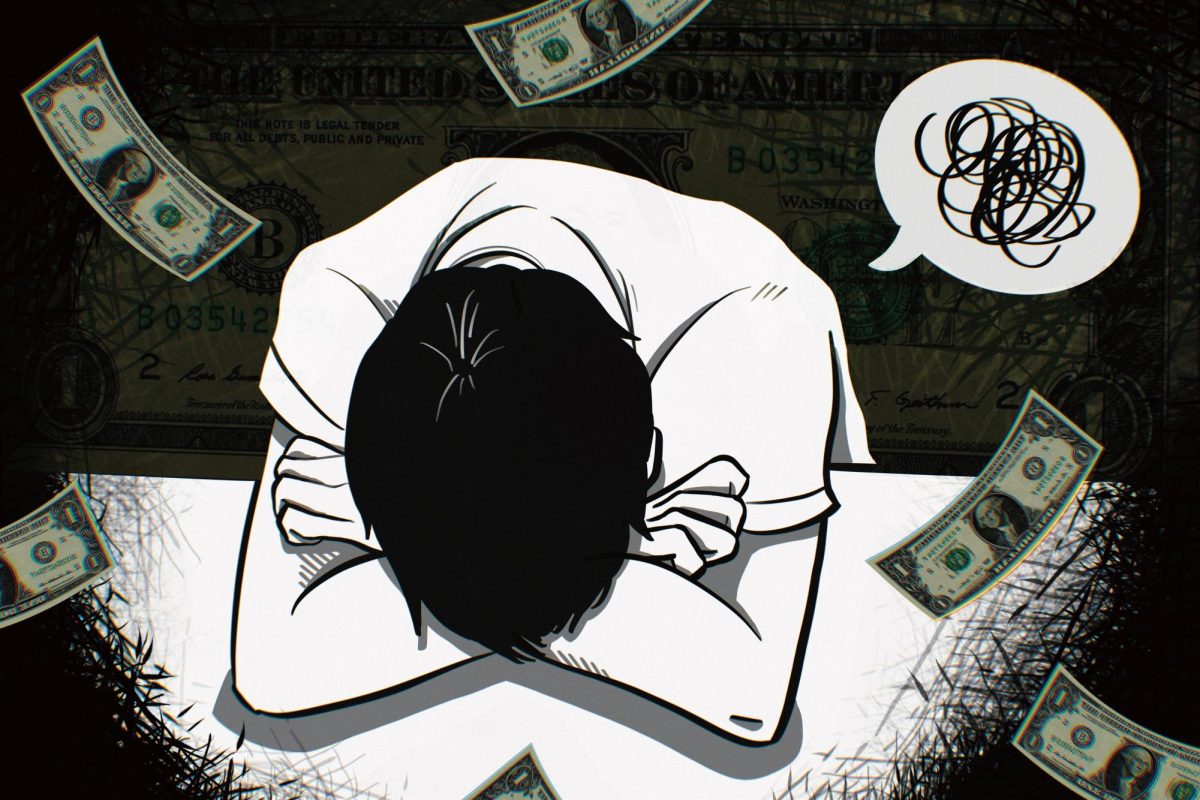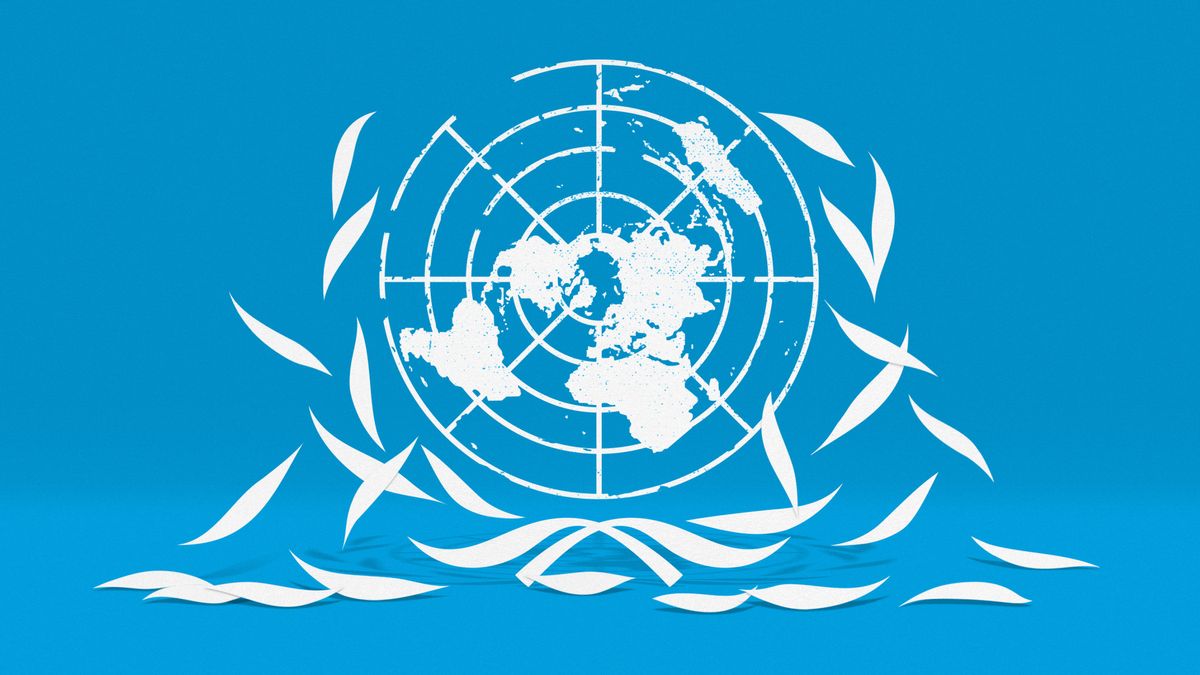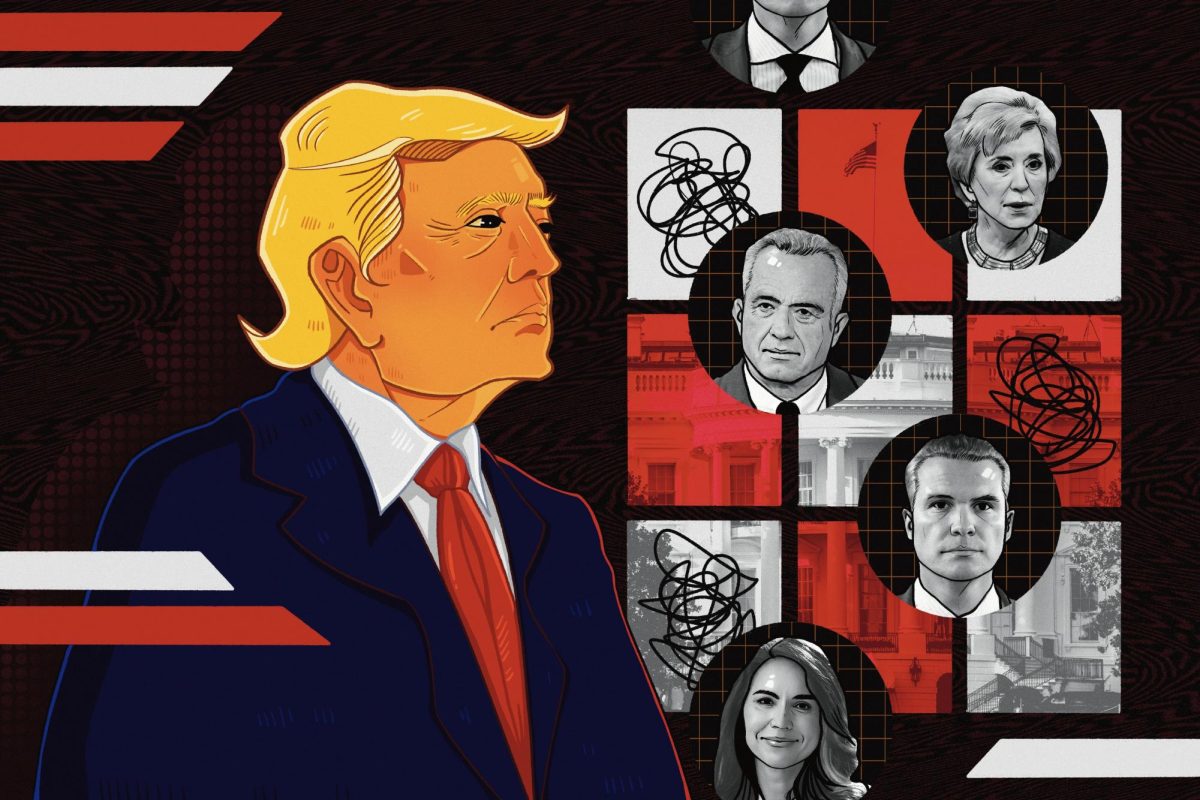Economic pessimism among Generation Z and college students especially is at an all-time high in the face of rising inflation, the butterfly effects of the pandemic, and a desolate job market. This economic pessimism has also contributed to an increasingly nihilistic view of the future, with many feeling depressed at what seems like a bleak 40 years ahead of them, working a dull nine-to-five to end up no further than where they started. However, we do not have to respond to the bleakness offered by these conditions with hopelessness — we can and should do so with hope.
The negative outlooks many 20- to 30-year-olds have on their financial condition is not unjustified. According to the Bureau of Labor Statistics, Gen Z Americans are spending 31% more on housing and 46% more on health insurance than millennials did just a decade ago. Job creation has fallen drastically in the past two years, with minus-3% and minus-7% job growth in 2022 and 2023, respectively.
While it’s hard to pin a causal relationship between these factors and the fact that the depression rate among Gen Z is the highest of all age ranges at nearly 18%, facing an uncertain future undoubtedly plays a part in the anxiety plaguing young people.
Here’s the truth: If we only look at the numbers, then the future is bleak. Our lives seem to be miserable from the day we start to work until the day we die. Affording a house and a car are virtually impossible, despite working without rest for decades, while loneliness among Americans is at an all-time high. Nearly a fifth of Gen Z Americans are depressed and lonely. These statistics and research all seem to belong to the voice of a messiah telling us that the end of the American dream is nigh and that we have never been worse off.
So what?
But so what? So what if the American dream is dead, and we are all poor? In the face of economic instability, when we seem to all be shackled financially to a nine-to-five job, we have to remember that our material circumstances don’t necessarily dictate our happiness. The Chinese word for poor is 贫穷, pronounced “pingchiong.” “Pin,” or 贫, is made up of a 分 (distribute) on top of a 贝 (treasure), literally meaning the inability to distribute money. “Qiong,” or 穷, is made up of a 穴 (cave) on top of a 力 (strength), meaning that a person’s strength has caved. However, the struggling younger generation in China refuse to accept the second part of the word for poor, 穷 (“qiong”), and have coined the phrase “贫而不穷,” where 而不 means “but not.” Translated literally, it means that a person may be moneyless, but their strength has not caved. I hope that I myself can live by this proverb and that you can too — even if we are destitute, we can be happy.
And, we might not be destitute
We must not and cannot forget that statistics aren’t everything. Despite the 46% divorce rate, people still fall in love and marry. Despite the 12% chance of surviving past five years with pancreatic cancer, nearly all patients opt to receive treatment anyway. Hope is an innate human trait, and its irrationality can make us turn a blind eye to the most mathematically obvious outcomes.
Each of us has full autonomy over our own lives and choices. While it’s scary to think that you have a better chance of being depressed than rolling a one on a die, this isn’t an accurate way to think about life either — even if it is statistically correct. For example, someone who is deeply fulfilled in their life isn’t being delusional when they claim that they are sure they won’t be depressed in the next year, even though, technically, that chance is 18%. Statistics can mean virtually nothing to us so long as we don’t give them that power.
From a mathematical perspective, this is because statistics are aggregated over a large population. You, as an individual in the larger population, are mathematically negligible — you are just one person, divided by an incredibly large number, which comes out to almost zero. Therefore, as individuals, we are actually fairly free and not too affected by the inferences statistics make about the wider world. A good example of this is the fact that height among humans is normally distributed on a bell curve. Unintuitively, the mathematical probability of a man being exactly 5 feet, 9 inches tall is 0, even though the average height of a man in the United States is 5 feet, 9 inches. To visualize this, think about how taking an infinitesimally small slice of a pizza essentially means taking none of the pizza.
But from a human perspective, this makes sense simply because hope is an inherently human trait. Humans have always been able to hope for a better life, even though they may be wrong about what will bring them that better life — be it money, power, or fame. In the words of Martin Luther King Jr., because we are humans, we can “accept finite disappointment but never lose infinite hope.”
















